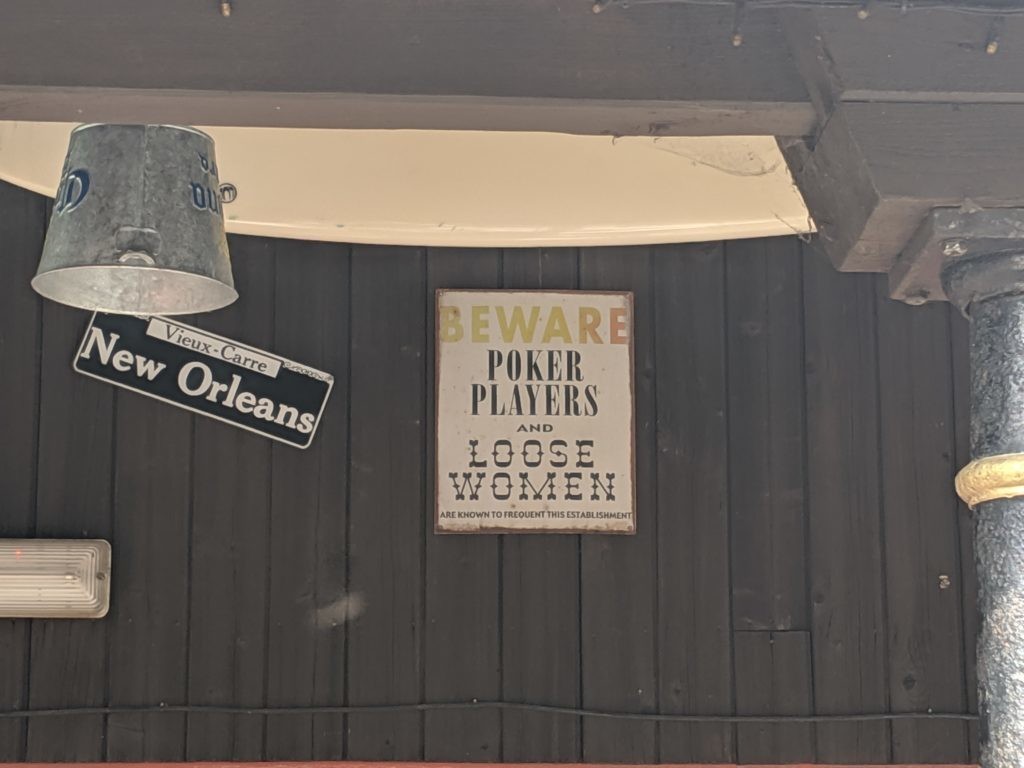
Sic bo, also known as dai siu or tai sai, is a gambling game of ancient Chinese origin, which was introduced to North America by Chinese immigrants at the turn of the twentieth century. Confusingly, while sic bo translates into English as ‘dice pair’, the game is actually played with three dice, which are shaken in a closed box, or ‘chest’, or by a mechanical shaker. After each roll of the dice, the outcome is revealed to the table by the dealer and bets are settled accordingly.
Sic bo offers a variety of betting options and, while the table layout, the titles of the bets and the odds on offer vary from one casino to the next, the most popular wagers are pretty much universal. The most popular bets, not least because they offer, far and away, the lowest house edge of any available on a sic bo layout, are known as ‘Big’ and ‘Small’. These bets win on totals of 11-17 and 4-10, respectively, except in the event of a triple, or three of a kind, typically pay 1/1 and offer a house edge of 2.78% in both cases.
At longer odds, other possibilities include a two dice combination, or ‘domino’, bet, where players attempt to predict the outcome of two dice, rather than three, a double bet, on a specific pair, a specific triple bet. Bear in mind, though, that increased payout odds are offset by a higher house edge. A specific triple bet, for example, typically offers enticing odds of 180/1, but a house edge of 16.2%.
Not to be confused with pai gow poker, pai gow is a Chinese gambling game, reputedly dating from the days before the Song Dynasty, which arose in Central China in the tenth century, which us played with a set of Chinese dominoes. The name ‘pai gow’ is an Anglicisation of the Cantonese phrase ‘páai gáu’, meaning ‘nine cards’.
A set of Chinese dominoes consists of 32 tiles, made up of eleven matched pairs of ‘civilian’ suit tiles and five unmatched pairs of ‘military’ suit tiles. Civilian suit tiles are known by names such as ‘heaven’, ‘earth’, ‘man’ and so on, and are ranked according to the cultural significance of their names. Generally speaking, military suit tiles are ranked by the total number of pips, or spots, but the 2-4 and 1-2 tiles, when played together, consistute the highest ranking pair, known as ‘Supreme’.
Each player receive four dominoes, which are arranged into a ‘high hand’ and a ‘low hand’, each consisting of two tiles. Starting with the betting position known as the ‘action hand’, determined rolling dice, players take turns to compete with the hands held by the designated player-dealer; to win, the player, or player dealer, must prevail in both hands.



